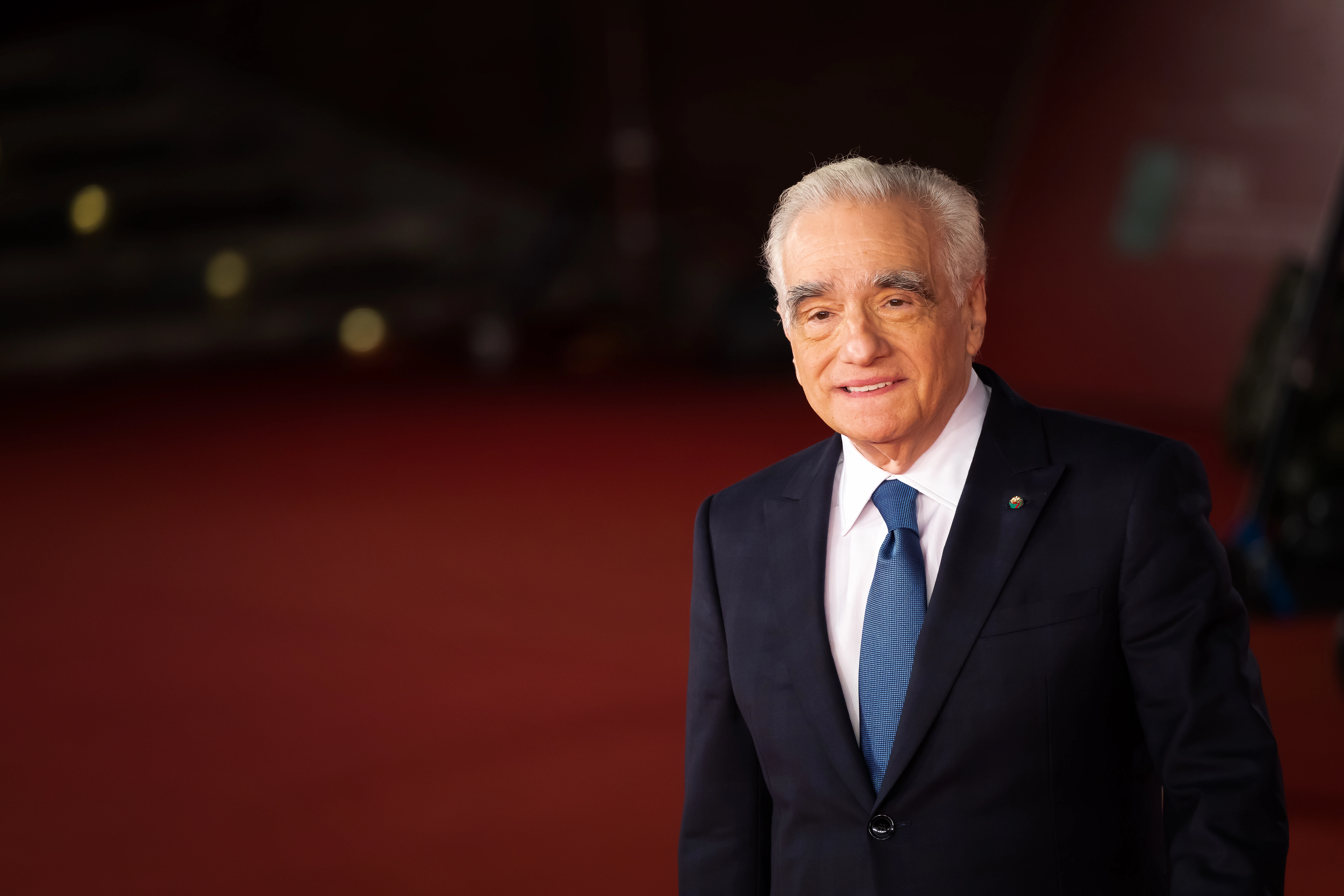Scorsese’s production raises questions about faith and God’s apparent silence in the face of suffering, making it both a reflective and polemical work. This is especially evident in the crises of faith experienced by his protagonist, who ultimately abandons her mission of evangelization in Japan and renounces his faith. The Jesuit ends up integrating into Japanese society, adopting a secular lifestyle, assuming a Japanese name, getting married and living the rest of his days in the country until his death.
The Spanish bishop Mons. José Ignacio Munilla criticized the film in 2017, and stated that Silence It was a projection of a “relativistic mentality.”
Mons. Munilla explained that the film “disappointed him” because it is not faithful to the martyrdom that occurred at that time. “The Jesuit fathers, first and foremost, gave a testimony of fidelity in the midst of that martyrdom ordeal and, of course, at no time did apostasy prevail there,” he stated.
“What this film is proposing is that those who went to martyrdom were the simplest faithful who did not have theological and cultural training. But the Jesuits who were more educated ended up apostatizing. As if with the adult faith of the Jesuits they can be allowed to make this distinction: ‘I am apostate on the outside although I remain Christian on the inside; but the less educated people must go to martyrdom headlong.’ That, historically, is totally false. At that time the evangelizers who preached to the people were the ones who opened the martyrdom, who were ahead,” he criticized.
